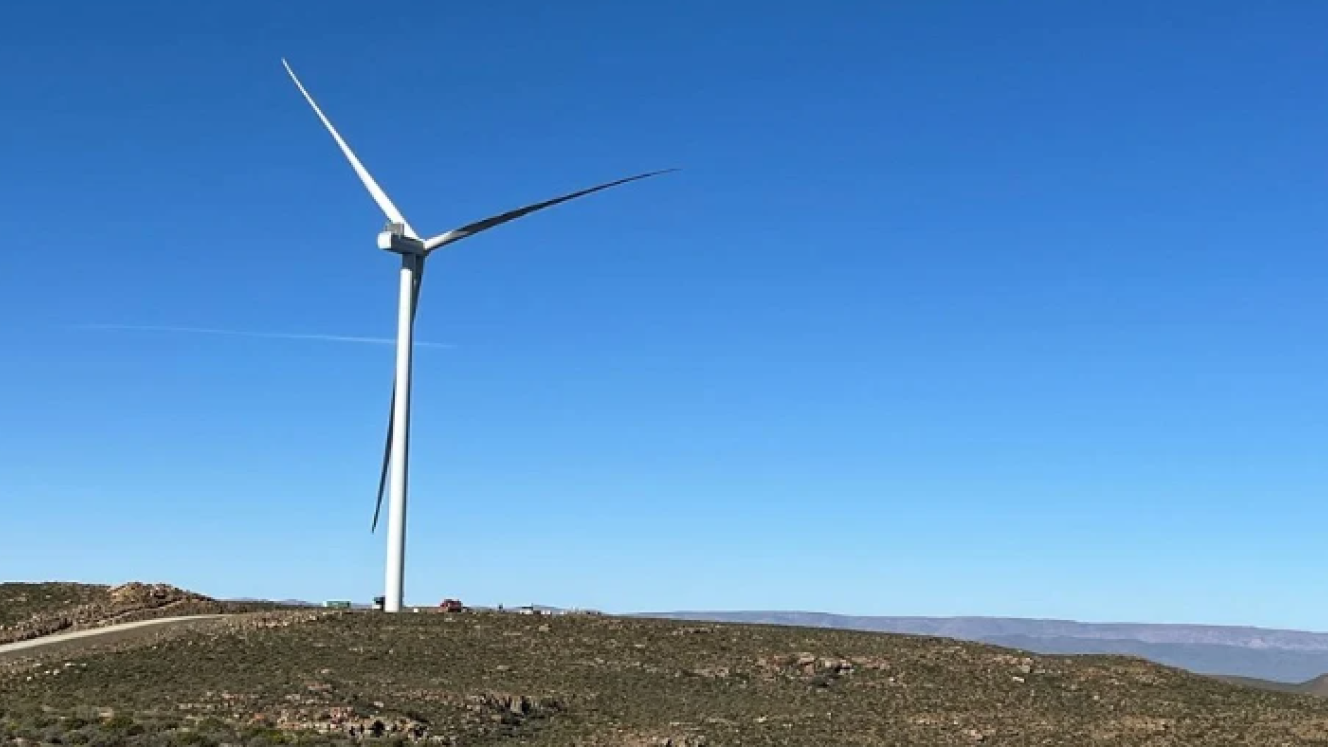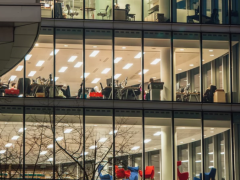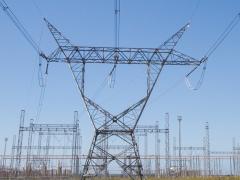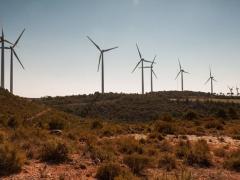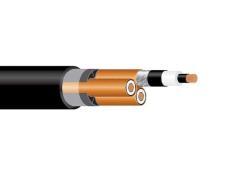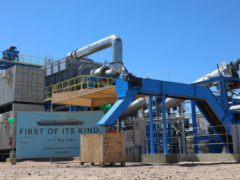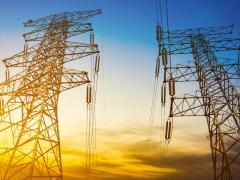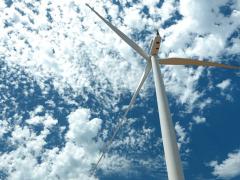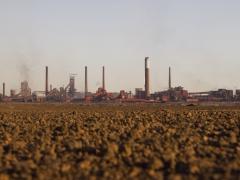The ongoing exploration of liquefied natural gas (LNG) in Mozambique’s Cabo Delgado province is under renewed threats from Islamic State insurgents based in the rural areas of Chiure and Macomia near the Port of Pemba and Nangade along the Ruvuma River border with Tanzania.
In the latest spate of terror across the country’s northeastern province, the United Nations (UN) estimates that 10 140 people were forced to leave their homes in February.
Although intermittent insurgency and bloodshed were successfully suppressed by troop deployments from the Southern African Development Community (SADC) and the Rwandan Defence Force, the security situation has deteriorated.
This has especially been the case since SADC troops withdrew from Cabo Delgado last July.
According to a report by the UN’s Office for the Coordination of Humanitarian Affairs (OCHA), consulted by Agência de Notícias de Portugal on Monday (March 24), 93% of these movements of people were forced due to “attacks or fear of attacks”.
OCHA said: “Most of the movement originated in the districts of Macomia and Meluco towards the district headquarters.”
Since October 2017, gas-rich Cabo Delgado has been facing an armed rebellion, which has caused thousands of deaths and a humanitarian crisis with more than a million people displaced.
According to the UN agency, the province has also seen displacement of a “lesser scale” in the districts of Muidumbe and Mocímboa da Praia, a port once invaded and controlled by Islamic insurgents.
“Food and shelter are the main priorities reported by those displaced,” OCHA added.
In 2024 alone, at least 349 people died in attacks by Islamic extremist groups in Cabo Delgado – an increase of 36% on the previous year, according to data recently released by the Africa Center for Strategic Studies, an academic institution of the US government’s Department of Defence, which analyses conflicts in Africa.
The last major attack took place on May 10 and 11 last year at the district headquarters of Macomia with around 100 rebels sacking the town, causing several deaths and heavy fighting with the Mozambique defence and security forces and Rwandan soldiers who support Mozambique in combatting armed attacks.
Because of violent attacks in Cabo Delgado, Mozambique’s LNG project, led by TotalEnergies, is looking increasingly uncertain.
To date, the French multinational has invested US$20 billion in the region, mainly centred around the construction of liquefaction units with capacity to produce up to 43 million tonnes of LNG per year.
Also at stake, although offshore, is the Coral South floating LNG project led by ENI and ExxonMobil.
Without on-site gas extraction in Cabo Delgado, the Coral South facility, worth US$4,7 billion, will have a ripple effect across the logistical value chain of LNG exports from the area.
As for the Rovuma LNG project by ExxonMobil, ENI and CNPC, investments worth US$30 billion have been secured for gas extraction from Cabo Delgado’s border with Tanzania.
As Africa House Director Duncan Bonnett once said, the combined investor value of Mozambique’s LNG project is only second to the International Space Station in the history of the world – and the latter isn’t on Earth.

